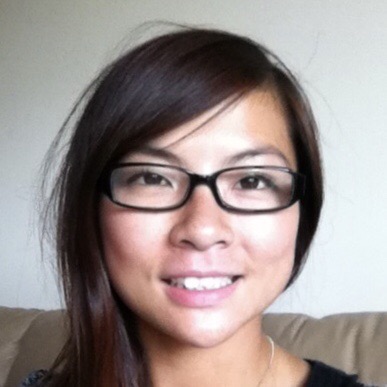Mother's Day
- Ellen Yun

- Mar 10, 2018
- 3 min read
If you caught BBC Radio 5 Live this week you would have heard Martin Lewis’ first ever interview about losing his mother. It was a powerful, raw, painful, authentic and genuine interview, speaking honestly about the devastation of losing his mother 3 days before his 13th birthday.
Mother’s Day is ‘meant’ to be a day of great happiness, but for many, it is one of deep pain as we may be ‘inconveniently’ forced to come face to face with the emotions and images we have chosen to bury because it was too overwhelming, may be out of immense fear that allowing ourselves to grieve would mean that we would lose control. Instead of acknowledging, feeling and expressing them, we bury them, pausing the grief in time. And we are ‘surprised’ when the pain washes over with the same intensity as we thought we had ‘dealt with it’.
Maybe you resonate with some of the things that Martin said:
“That was the end of my childhood”
“It was the defining moment that changed my life”
“It was an immense pain, the founding pain of my life”
If the above resonates with you, you are not alone. We may have grown up with mottos such as ‘be strong’, ‘big girls and boys don’t cry’, or ‘if you show your emotions you are weak’. But when something so devastating like losing your mother occurs, the emotions that accompany them are meant to be felt, acknowledge, expressed and heard, given space to breathe, to peak and then to plateau; that is their cycle. But when we stop the cycle we end up bottling our emotions. And after months and years, that bottle will overflow and we wonder why we have ‘lost it’ or ‘cannot hold it together’ anymore.
Attending counselling to explore and express our grief can help us give words to the rollercoaster of emotions that are whirling inside of us. (As Martin Lewis says, grief is not a mental health problem, but it is a mental health issue.). It will sadly not change what has happened in the past, but it enables us to process, feel and understand what has happened and make meaning out of it for ourselves. You may be surprised that once you give yourself permission to engage with your pain, it may also give way to unexpected joy and wonderful memories that have also been long buried with the pain.
On this Mother’s Day, if you are finding it difficult, it is so important to exercise self care, which can take many forms (and more than what is listed):
1. Acknowledge to a close friend or family member that you are finding this day difficult.
2. Take time to acknowledge how you feel.
3. Take time to remember and celebrate your Mother or loved one, this could be a symbolic act like writing them a letter or visiting their gravestone, for example, but you will know what is the best way for you to celebrate.
4. Do something that nurtures or nourishes you, whether that is going to your favourite coffee shop, reading a book, taking a walk, spending quality time with your friends or family.
5. If/when it feels right for you, consider having some counselling to give you the space and time to engage with and process what you need to.
6. Be kind and compassionate to yourself, because you are remembering and grieving. Step back from the “I should be over this by now” script to give yourself permission to just be with how things are today.



Comments